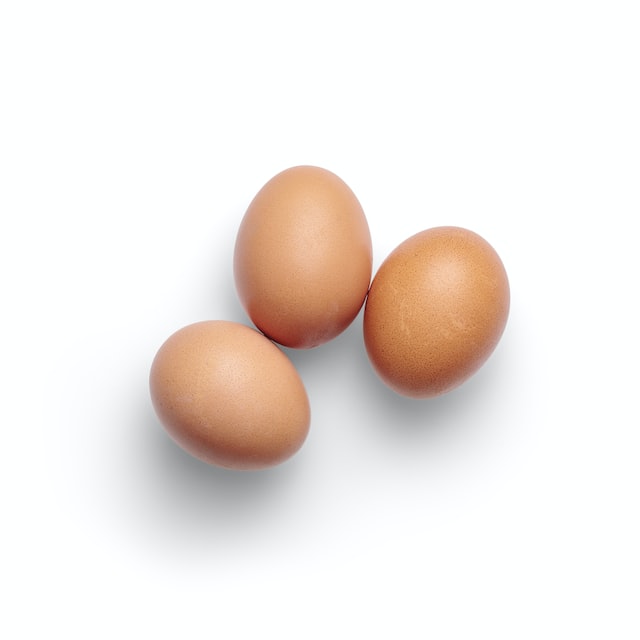Vaccines protect against various diseases, like the flu and COVID-19. They’re one of our most amazing medical breakthroughs that prevent four to five million deaths yearly. However, despite several studies proving their safety and effectiveness, many still fear vaccination. Vaccines are FDA-approved and undergo a meticulous testing and approval process before being administered to eligible individuals. Each has its own formulation, but all vaccine ingredients are safe and serve specific purposes.
The Most Common Vaccine Ingredients
So, what exactly is in your vaccines?
1. Antigens
Antigens are small amounts of weakened or dead disease-causing pathogens included in vaccines to give us immunity without getting infected. They are active vaccine ingredients that trigger the immune system to produce antibodies and defend the body without the risk of complications.
Vaccines like measles and mumps contain many types of antigens or different strains of the same pathogen in one shot. The antigens used are either weakened or killed and come in small components, so they’re no longer capable of causing illnesses.
Scientists isolate and tame the germ in a laboratory, ensuring their toxins are inactivated using heat or certain chemicals.
2. Adjuvants
Adjuvants are substances that further strengthen the immune response. Groups of people with compromised immune systems — such as elders, children, and pregnant women — may benefit greatly from these vaccine ingredients as they have special needs and require more protection. Essentially, adjuvants make vaccines more effective with a reduced amount of antigens.
Aluminum, one of the most commonly used vaccine adjuvants, has a good safety profile and has been used effectively for more than 70 years. This element is all around us, from natural food sources to many consumer products. The amount used in vaccine production doesn’t pose any health risks since it’s minimal, just enough to trigger the immune system to produce antibodies.
3. Preservatives
Preservatives kill and prevent the growth of fungus, bacteria, and germs in vaccines. Most single-dose vials don’t contain preservatives. Only those in multi-dose vials do, for safety purposes, as contamination may occur each time a new syringe is used to take doses for different patients.
Using preservatives in some vaccines is essential, but the risk of contamination cannot be eliminated. In the end, what matters is the technique used in withdrawing the doses. Preservatives have a proven track record of being safe, including the mercury-containing organic compound thimerosal.
Thimerosal
Thiomersal, a preservative derived from mercury, is used in small quantities to prevent contamination in some vaccines. It contains ethylmercury, a type of mercury that exits the body quicker than methylmercury.
Ethylmercury doesn’t accumulate in the body for long and is, therefore, safer. Today, thiomersal has been removed from many childhood vaccines due to theoretical risks. Still, there is no evidence that this ingredient causes adverse events.
2-Phenoxyethanol
2-Phenoxyethanol is often used as an alternative to thiomersal. It’s currently used as a preservative in the FDA-approved poliovirus vaccine Ipol. Moreover, this organic chemical compound is used in many cosmetic products, including sunscreen and shampoo.
4. Stabilizers
Stabilizers ensure vaccine stability, despite a change in temperatures, locations, and storage conditions. They prevent chemical reactions from happening because of acidity, humidity, light, heat, and other factors. Without these vaccine ingredients, other vaccine components may stick to the vial or separate from each other while in transit or storage.
Stabilizers fall into different categories: sugars, amino acids, and proteins. Many are only necessary during vaccine production but not needed once administered to an individual. Like preservatives, only small amounts of stabilizers are utilized, and those left in the final product are not dangerous.
Gelatin
Purified and hydrolyzed gelatin from pigs is sometimes used in vaccines to protect antigens from damage from light, humidity, and temperature changes. Some people may develop allergic reactions to this ingredient, so those with a history of gelatin allergy are advised to avoid gelatin-containing vaccines.
Sorbitol
Sorbitol, a common food and beverage sweetener, is also used in small quantities as a stabilizer. It’s naturally found in fruits like strawberries, blackberries, apricots, and avocados. While it’s safe to use in vaccines, people with allergies should avoid it.

5. Other Vaccine Ingredients Used in the Production Process
Antibiotics
Some vaccine manufacturers use antibiotics in minute traces during the manufacturing and storage processes to prevent the growth of bacteria. However, penicillin, sulphonamides, cephalosporins, and other antibiotics people are commonly allergic to are not used in vaccine production.
Egg Protein
Chicken eggs are also utilized to weaken viruses for vaccines. This leads to small traces of egg protein in the final product, despite the efforts to remove remnants. Even so, people with egg allergies can still get vaccinated, provided that the shot will be administered by a healthcare professional in a medical setting, where potential side effects can be properly observed and managed.

Human Fetal Cells
When it comes to growing antigens for vaccines, human cells tend to work better. They divide more quickly compared to animal cells and any other human cells. Fetal cells are grown in a laboratory.
Vaccines Are Safe and FDA-Approved
Vaccine ingredients are present in tiny quantities yet fulfill important roles from production and storage to administration. They have been thoroughly studied for years and are completely safe, except for some allergic reactions and mild side effects. Before receiving a vaccine, talk to your healthcare provider to ensure it’s safe for you.
Remember, getting vaccinated is the safest and most effective way to protect ourselves and each other.













